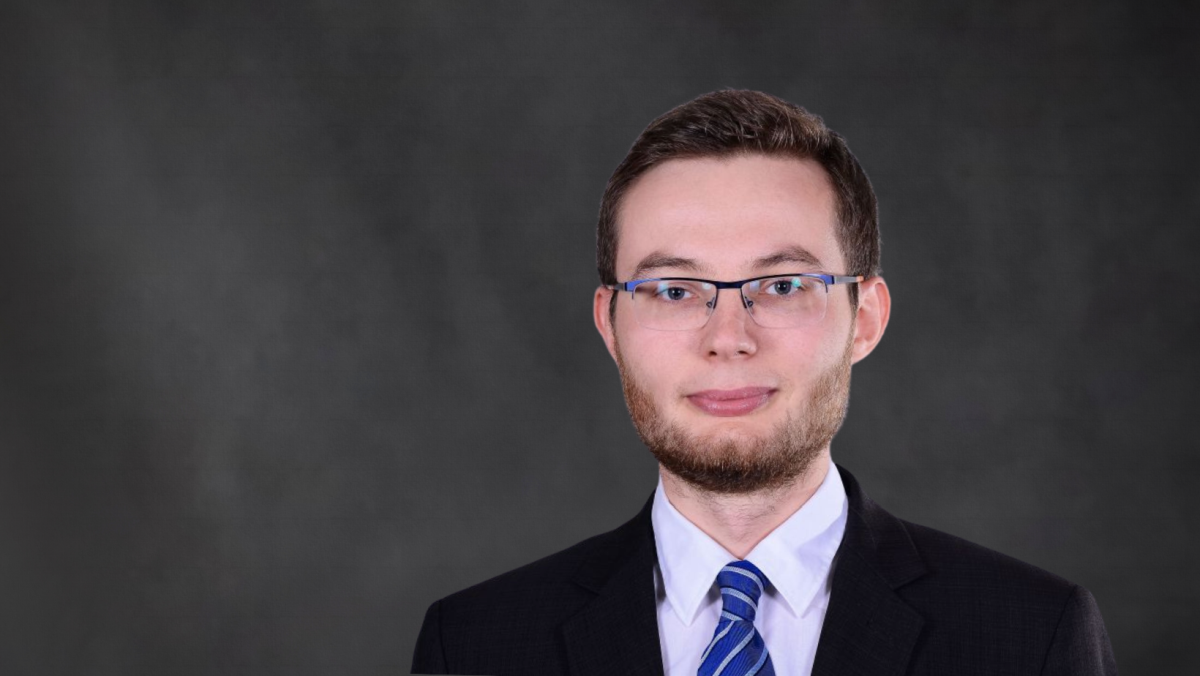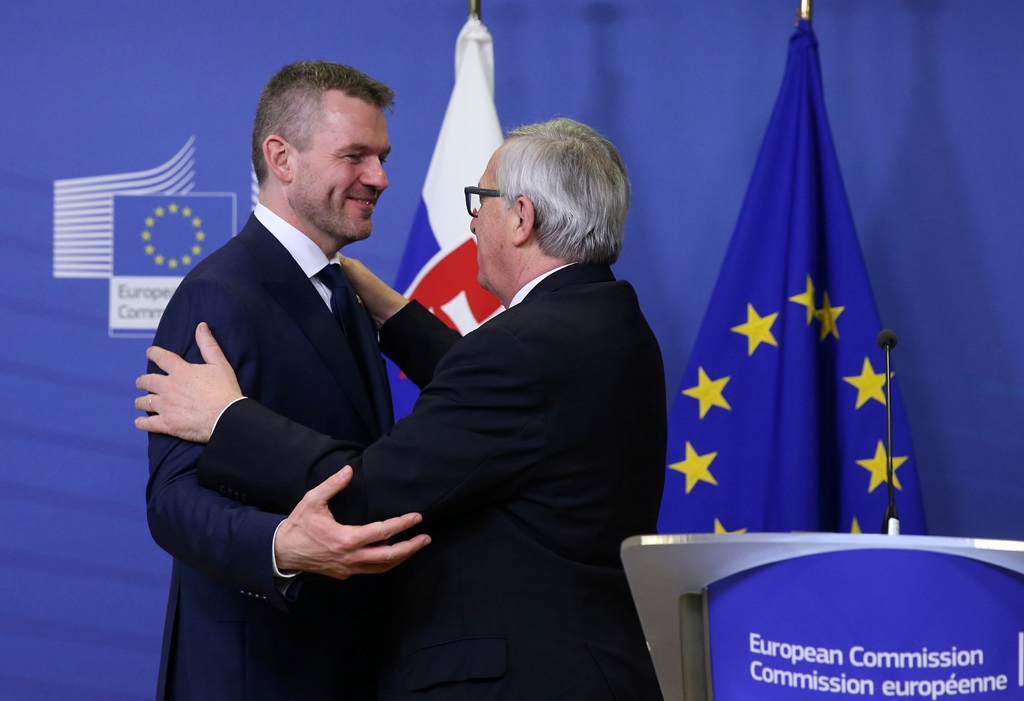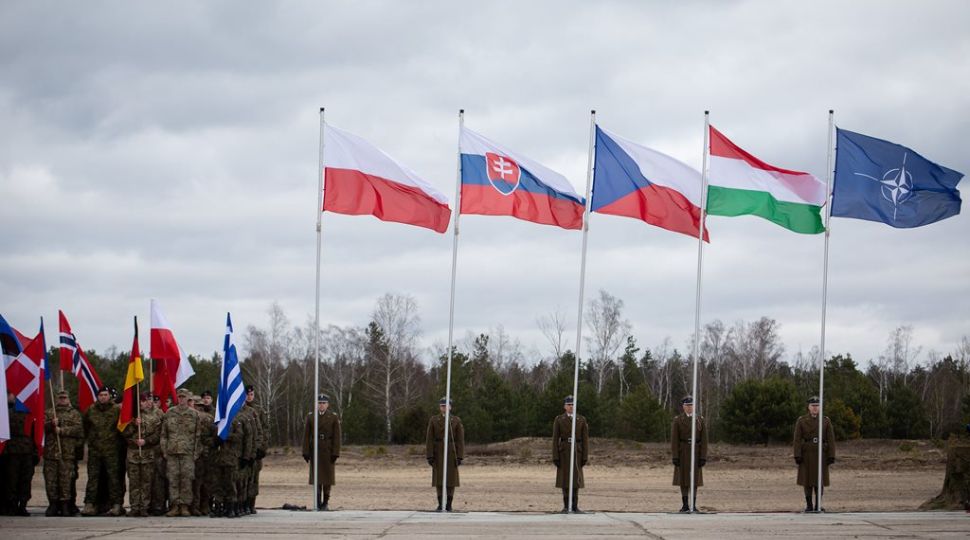“A Dynamic Visegrad for Europe” – Slovakia’s V4 Presidency

A Strong V4 in the EU
Slovakia wants to intensify both Visegrad consultations on the future of the EU and the group’s dialogue with the bloc’s institutions and largest Member States. The first aim is to improve the country’s image, which suffered as a result of the murder of investigative journalist Ján Kuciak and his fiancée in February.[1] Additionally, European affairs will feature prominently during Slovakia’s V4 presidency, due to negotiations on the Multiannual Financial Framework (MFF) and the European Parliament elections scheduled for May 2019. Moreover, Bratislava will attempt to distance itself from the stance adopted by Budapest during Hungary’s presidency of the V4. In practice, this means different partners in the "V4+" format, more meetings with representatives of EU countries, and fewer with those of states outside the EU. Such a change was announced by Miroslav Lajčák, Slovakia’s minister of foreign affairs, who also chairs the UN General Assembly until September. Meetings with French President Emmanuel Macron and German Chancellor Angela Merkel are scheduled for autumn this year. Slovakia also draws parallels with its previous V4 presidency, in 2014 to 2015, during which it promoted similar sentiment with the slogan "Dynamic Visegrad for Europe and Beyond".
The EU partners have already signalled their expectations of the Slovak V4 presidency. Austrian Chancellor Sebastian Kurz underlined the need for joint efforts with his country’s presidency of the EU Council[2] to eliminate divisions within the EU. Jean-Claude Juncker, President of the European Commission, expressed hope that relations between V4 states and the EC would improve, but this may be difficult due, among other things, to Hungarian prime minister Viktor Orbán’s confrontational position. During his annual speech in Romania’s Băile Tuşnad in July, Orbán described the current EC as a "symbol of failure" (in the context of the migration crisis) and said that its days were “numbered”.
The Slovak vision of strengthening the EU highlights the principle of subsidiarity and proportionality as well as the need for more explicit democratic legitimacy through the increasing role of the European Council and national parliaments. As a net beneficiary of the EU budget, Slovakia is striving for ambitious EU budget, while maintaining current levels of EU structural fund expenditure. Therefore, a summit devoted to cohesion policy, with the participation of the "friends of cohesion policy" (EU Member States advocating greater funds to compensate for differences between regions in the EU), is to be held this autumn. This will be a key event of Slovakia’s presidency. In addition, despite the fact that Slovakia is the only V4 country to have adopted the euro, the presidency programme assumes coordination of V4-wide positions regarding reform of the Eurozone.
Security and Innovation
Slovakia seeks to improve regional security through V4, NATO and EU formats. During Slovakia’s V4 presidency, Bratislava underlines the need for coordinated group activities on the Alliance’s Eastern Flank, support for cooperation between NATO and the EU, and strengthening the NATO-Ukraine Trust Fund. It will continue joint V4 actions with Western Balkan countries and the Eastern Partnership. Work on the “V4 Road Show”, an initiative aimed to share knowledge and experience to support reform in Ukraine, has been revived after the Hungarian presidency, during which it was almost halted. The first meeting of this programme under the new presidency took place in Uzhhorod, Ukraine, in July.
The V4 plans to contribute to EU security by supporting the mechanism of permanent structural cooperation (PESCO) and preparations of the Visegrad Battle Group for the second half of 2019, immediately after the Slovak presidency ends. Joint actions with Austria (in the field of cybersecurity), Bulgaria and Romania (protection of EU borders) fit well into the framework of exchange of experiences between EU Member States.
Another aspect of Slovakia’s presidency will be to maintain a common group position on migration policy. In addition to protecting the EU's external borders and fighting illegal immigration, V4 countries have suggested on-site assistance. A manifestation of this approach, corresponding to a V4 declaration of 21 June, and to the Hungarian presidency, is support for Middle Eastern and African countries. However, Slovakia mentions only Libya (protection of the sea border) and Kenya (support for farmers) as beneficiaries of Visegrad assistance, and the latter is not a significant source of migration to the EU.
In order to promote innovation, Slovakia plans further coordination of the V4 digital agenda among the V4 states, and ongoing support for the digital single market. It assumes closer cooperation with Japan, South Korea and Israel in these areas. During its V4 presidency, Slovakia expects the group’s members to contribute to regional modernisation through support for Central European start-ups, infrastructure development (including further work on the construction of the Via Carpathia route) and exchange of experience in combating VAT fraud.
Protecting Slovak Interests
Pellegrini’s government seeks to combine the pursuit of its own goals with the protection of the interests of Visegrad states. The consequence of this approach is an attempt to elevate to group level some problems that Slovakia experiences in bilateral relations with other states. An example will be the development of a joint response to Austrian reforms that are to change family benefits for foreign children of employees in Austria. The case had previously been the subject of bilateral talks between Austrian Chancellor Sebastian Kurz, Pellegrini and Orbán. In addition, with Brexit drawing closer, Pellegrini’s government intends to develop a Visegrad strategy to facilitate repatriation in order to protect the rights of V4 workers (including about 80,000 Slovaks) in the UK.
The Slovakian presidency’s strong social dimension corresponds with the programme of the governing party Smer–sociálna demokracia (Direction-Social Democracy), which seeks to combat wage inequalities in the EU and exchange social policy experiences within the V4. A consumer summit attended by representatives of the European Commission was held in October 2017. This took place in Bratislava, despite Hungary holding the V4 presidency at the time. Slovakia is still planning to push for EU institutions to implement solutions in a matter of national pride, that of combating double food standards in the EU.
Conclusions and Prospects
Cooperation with France, Germany and the Austrian EU Council presidency is intended to strengthen Slovakia's position within the V4, and the standing of the entire group within the EU in the context of the negotiations on the new MFF and reform of the Dublin System. The chances of efficient coordination of activities is increased by the continuity of governments in V4 states, with no parliamentary elections planned until the end of the Slovak presidency. However, agreeing common positions will be complicated by the attitudes of individual V4 countries towards developing relations with the EU institutions.
Although Bratislava is using the V4 presidency to promote Slovakia’s national interests, it is also strengthening the potential to pursue other states’ goals. Tackling VAT fraud, developing infrastructure on the North-South corridor and protecting NATO's Eastern Flank are all positions aligned with Poland’s policies. Although the Slovak presidency has avoided mention of the threat posed by Russia, support for Ukraine and the offer to strengthen Poland’s immediate neighbourhood are significant.





